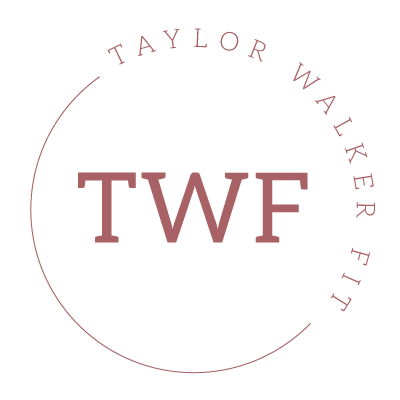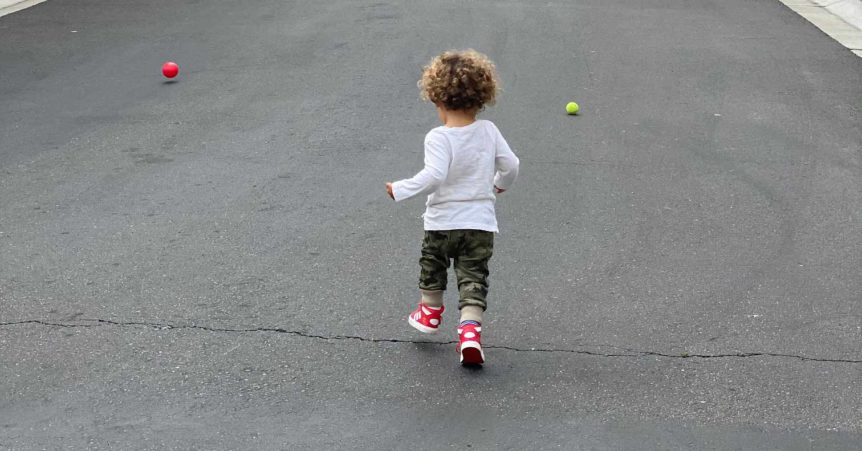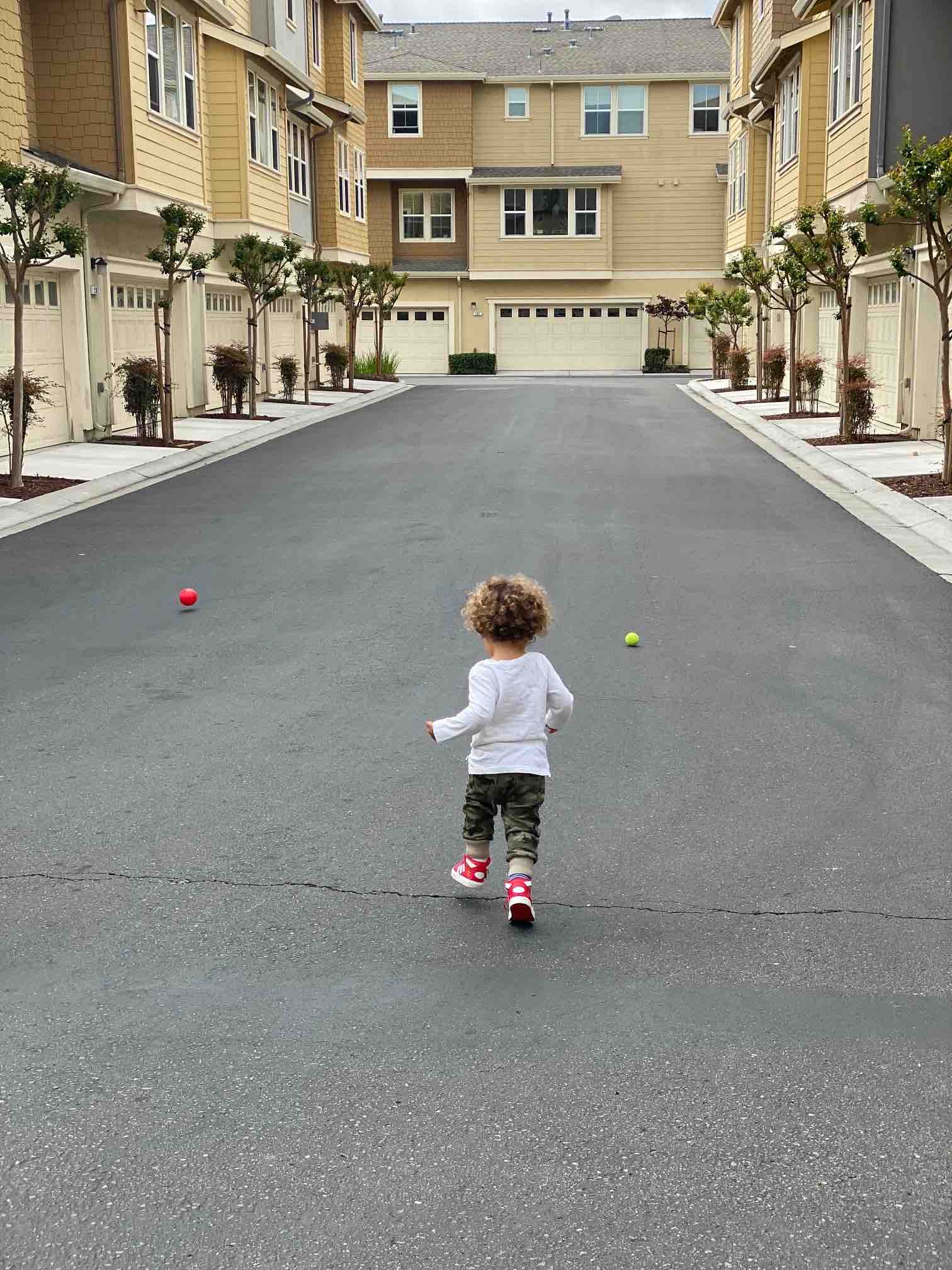
As many areas of the country are slowly but surely moving into Phase 1 and 2 of re-opening, I wanted to share a bit information from Baptist Health South Florida. As a parent of a rambunctious toddler, COVID-19 and the impact on children has been top of mind. In today’s blog, I am breaking down Baptist Talk Podcast on COVID & Kids hosted by host Jonathan Fialkow, M.D. During this episode, Dr. Fialkow interviews Dr. Fernando Mendoza about coping with children in the COVID-19 environment.
The Baptist Health Podcast covers everything from symptoms, ER visits and more and I have summarized the findings below. Feel free to pop over to the website to take a listen and learn more about Care on Demand, Testing and what to do if you are symptomatic.
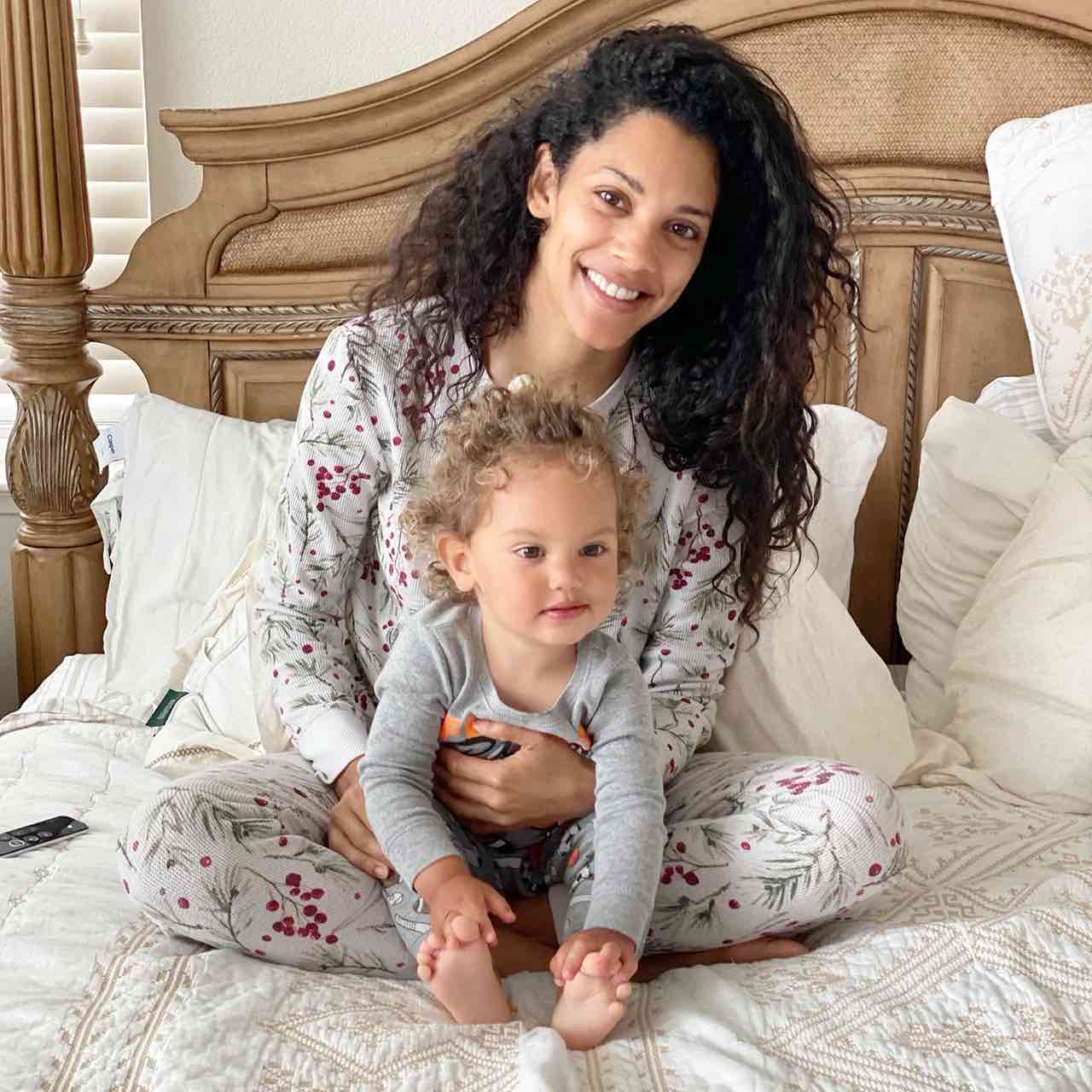
Can Kids get Coronavirus?
Short answer is YES. It does affect kids a bit differently than adults and the elderly. In general, symptoms have not been as severe as adults. Pediatric ER, they are treated for fever or upper respiratory issues, but the the issue is many kids have come back 95% negative. Even with fever, cough and runny nose. We think the kids are not as much of carrier state as adults, but the research is not there yet.
What are Childhood COVID Symptoms? Is there a differentiator?
Unfortunately, symptoms are not much different than other infections. Flu or asthma attack may present the same way as COVID in children.
Pediatrician, Care on Demand, ER?
Parents know their kids! If it is not just a simple cough or fever, consider taking them to pediatrician or ER, but utilizing Care on Demand can be helpful for initial consultation.
Have you Had to Admit Children?
Every child had been discharged. No child has needed a ventilator or hospitalization. That has been the trend accross Florida. More acute care, but not a need for admission.
Consequence, child transmission elsewhere?
If we suspect COVID, test results still are not released 24-48 hours later. Quarantine will be suggested and distance from elderly grandparents and those with comorbidities. Good hand hygiene and physical separation in the house should be taken into account.
What things should parents feel comfortable letting children do?
If a child is symptomatic, stay away; however, distanced interaction can be healthy! Consider a sport or activity where you do not have to touch each other. Riding bikes, art projects at a distance.
Should kids wear masks over age of 2?
Yes! Every time they leave the house and esp where you cannot practice social distancing.
Psycological Impact of COVID-19 in elementary school and adolescence?
School age know what is going on and know there is danger somewhere.
Kids thrive on routines and the recommendation is to:
Go to bed at he same time every night
Exercise: end of the day, engaging as a family.
Talk about what is happening with kids at their level about what it is and how to stay safe. Do not avoid it.
Pre Teens and Teens:
They depend of social iterations to thrive and parents struggling with screen time and video games.
Consider loosening the reins on screen time, but be reasonable.
Be careful what you have on TV. Limit the news and booming voices.
There has been an uptick on anxiety and mental health issues in adolescence.
Look into school performance. Keep an eye on it and listen in if you can.
If they are struggling with engagement, this crisis may be a byproduct of COVID. Talk to their pediatrician or mental health professional.
Should we still go to ER or vaccination appointments?
The short answer is YES! Keep up with schedules immunizations and if you have a true emergency, do not skip due to fear of coronavirus.
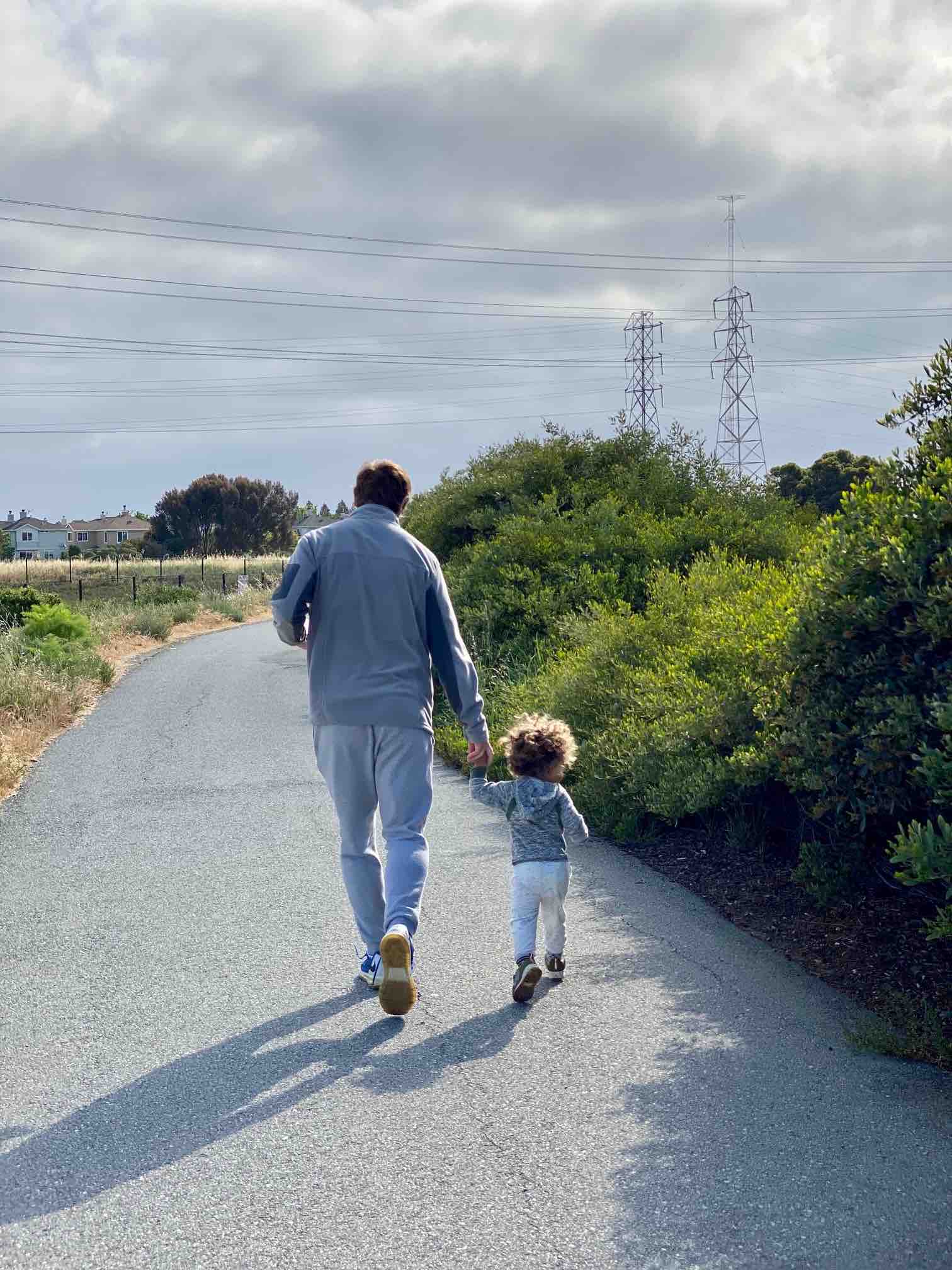
Use this time as an opportunity to lean into your family, learn more about the facts and if you email baptisthealthtalk@baptisthealth.net.

